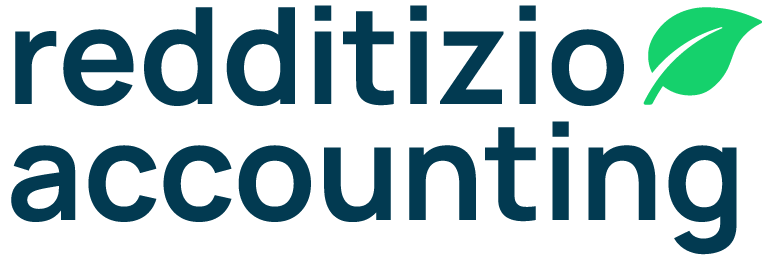Do you help startup founders with tax setup?
Yes, we help founders and seasoned professionals by filing the proper paperwork for the correct corporate structure.
How should I prepare for tax season?
To make tax season less stressful for both you and your accountant, ask your accountant what information you need to gather for them ahead of time. Ask them how you can better organize your records so that filing taxes will be easier (e.g., using accounting software).
What business expenses can I deduct?
Depending on your business expenses and taxes, you may be able to deduct certain business expenses on your tax return. A few business tax deductions that may be available to you include: home office, automobile use for business trips and employee expenses.
To claim small business tax deductions, it’s best to consult with your accountant before filing a return. Your accountant can help you determine which ones are eligible for deduction and how to claim them on your taxes.
When should I pay estimated taxes?
As a business owner, you may be responsible for paying estimated taxes. Estimated tax is a method that individuals use to pay tax on income that is not subject to withholding taxes. In other words, you might need to pay estimated taxes if your income is not subject to withholding taxes.
For example, if you receive dividends, sales gains from stock, self-employment income or interest income, talk to your accountant about estimated taxes and whether or not you need to pay them each quarter. Your accountant can file and remit estimated taxes for you.
How should I structure my business?
If you are starting a business, choosing the right business structure can be one of the most important decisions you make. An accountant can help you determine what type of structure will work best for your needs based on tax implications and other factors.
The most common types of business structures are sole proprietorship, partnership, corporation (C Corp), S corporation (S Corp), and limited liability company (LLC):
- Sole proprietorship: A business owned and run by one person.
- Partnership: Two or more people own and operate a business together.
- A corporation is a separate legal entity from its owners.
- S corporation or S Corp: type of corporation in which all income earned by the company is passed directly to its owners, who pay tax on it at their personal rates rather than corporate ones.
- A limited liability company is similar to a corporation in that it can issue shares and allows the owners (shareholders) of the business to limit their personal liability, but an LLC also has many of the benefits associated with being a partnership
What are my tax obligations?
As a business owner, you have tax obligations and responsibilities. The first tax season can be stressful, especially if you aren’t sure what your tax obligations are. Make sure you understand your obligations by asking your accountant what they are.
Depending on your business, you may need to file the following:
- Corporate income taxes
- Personal income taxes
- Payroll taxes
- Employment taxes
- Sales taxes
- Excise taxes
- Self-employment taxes
- Estimated taxes
What types of accounting software programs are you familiar with?
- Intuit QuickBooks Online is an online accounting service for businesses of all sizes. It offers a range of accounting features to meet the needs of small businesses.
- Zoho Books is an online accounting service that allows you to create, send and track invoices; manage your expenses; and analyze your finances.
- FreshBooks Accounting Software is an online invoicing and accounting software solution that allows you to create, send and track invoices; manage your expenses; and analyze your finances.
- Oracle NetSuite is an integrated cloud-based suite of business management software that includes everything you need to run your entire business.
What records should I keep?
If you’re in business, you need to keep track of your finances. You’ll need them to measure profitability, file taxes and secure funding from lenders. In addition, if your company is audited by the IRS or state tax agency, having all your records handy will help ensure you pass with flying colors. Your accountant can tell you which documents are necessary for filing away safely and securely.
- Business tax returns
- Financial statements
- Income statements
- Balance sheets
- Cash flow statements
- Statement of retained earnings
- General ledger
- Bank statements
- Credit card statements
- Check registers
- Receipts
- Contracts
- Business agreements (e.g., operating agreement)
- Business licenses and permits
- Insurance documents
- Payroll records (e.g., payroll tax forms, pay stubs, etc.)
How can I better manage my cash flow?
To ensure that your business maintains a healthy, positive cash flow, ask your accountant how you can better manage yours. Your accountant can help you understand your cash flow, pinpoint and analyze problems, and establish a plan to improve it. He or she can also help you come up with a projection for future cash flow needs.
What is my break-even point?
A break-even point is the point at which total expenses equal total revenue. When a business’s operating costs are covered by its sales, it has achieved break-even. Break-even is important for pricing products and services because it helps you to determine how much you can spend on production while still making a profit.
Are the people who work for me employees or independent contractors?
When hiring new employees, it’s important to classify them correctly. Are they W-2 employees or independent contractors? Misclassifying workers could lead to tax problems and penalties. Thankfully, asking your accountant for assistance can help you avoid worker misclassification issues.

